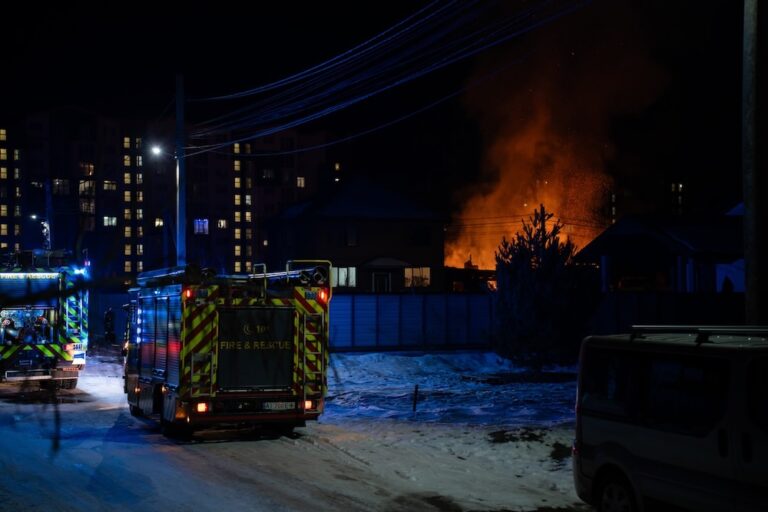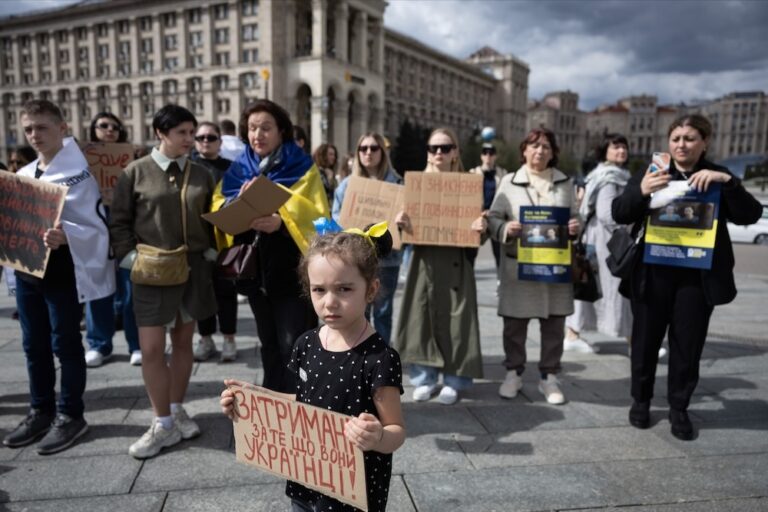The Supreme Court's deputy chairman said the awarding of excessively high moral damages leads to "doubts about impartiality."
(CJES/IFEX) – The Russian Supreme Court plenum has demanded that courts refrain from issuing rulings that could potentially lead to the bankruptcy of media outlets and politicians, “Rossiyskaya Gazeta” reported on 20 September 2010. The new document adopted by the Supreme Court amends the Supreme Court decree On the Mass Media.
The problem goes far beyond the limits of specific lawsuits and mass media. Journalists and politicians are often faced with choosing between voicing sharp criticism and publishing the outcome of an investigation or keeping silent for fear of lawsuits seeking millions in damages.
For ordinary citizens, moral damages normally do not exceed 3,000 to 5,000 rubles (approx. US$100 to US$170). However, there are many high-ranking officials who consider their dignity to be priceless and seek millions in damages.
The Supreme Court has advised the judicial authorities in the regions against ordering excessively high damages, especially to politicians and the mass media. Supreme Court Chairman Vyacheslav Lebedev has asked Russian judges “to never forget about justice, impartiality and reason” and be “tolerant of a certain category of citizens.”
Supreme Court Deputy Chairman Vasily Nechayev said excessively high moral damages lead to “doubts about impartiality and give the impression that judges are punishing the defendants.” Nechayev said journalists often have to reach amicable agreements to reduce the damages, which is “bad for the media.”
Several years ago, the Supreme Court issued a ruling on the handling of defamation cases, in which it pointed out to lower courts that the damages media outlets are ordered to pay are frequently too high. The document also said that compensation payments should not bankrupt the media outlets. However, that instruction was not always fulfilled and the courts continue to order media organisations to pay high moral damages. That is probably the reason why the Supreme Court issued another decision on the matter.
To prevent the old story from happening in the future, judges will be reminded about the need to take a reasonable approach to the determination of compensation payments at seminars held at the Russian Justice Academy. Nechayev said plaintiffs frequently seek excessive compensation payments, but judges as a rule do not agree with them. He also said moral damages should not replace property damage.
The Supreme Court currently cannot determine an upper limit for compensation. Nechayev believes legislators should work on this issue.


